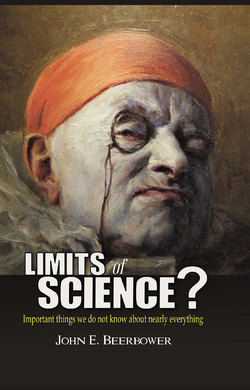Читать книгу Limits of Science? - John E. Beerbower - Страница 26
На сайте Литреса книга снята с продажи.
The Process of Science
ОглавлениеThe discussion so far is largely analytical, abstract and, necessarily, speculative. Significant contributions to our understanding of science were made during the twentieth century through efforts to examine the ways in which science is actually practiced, how creative discoveries have occurred and how, in fact, scientific knowledge has grown. The examination of the history of science in terms of the emergence and acceptance of new ideas provides useful insights into the methodological questions. One of the more important influences on the developments in the history of science was Thomas Kuhn's concept of paradigm shifts. Thomas S. Kuhn, The Structure of Scientific Revolutions (1962).
In simple terms, Kuhn explained how significant changes in science occur with a fundamental shift in the paradigm by which man understands the phenomena at issue. Kuhn viewed those shifts as revolutions. Before and after the shift, scientist will attempt to resolve experimental and observational problems by modifications and amendments to the dominant theory. At some point, the scientific community, in part influenced by general societal developments, becomes able to see the relationships under study in a new light, in and through a different paradigm. With time, the new worldview then becomes widespread in the educated community. Thus, we have the shift from the pre-Copernicus world to the post-Galileo world (whatever debates there may be about what happened in between) or from the Newtonian world to the world of Einstein.
